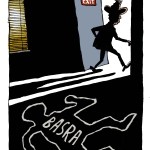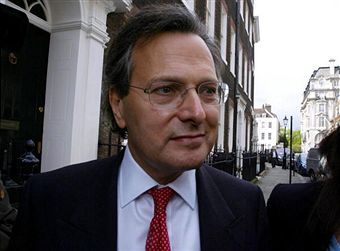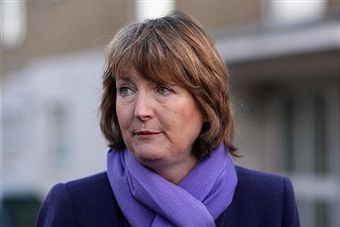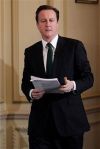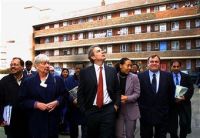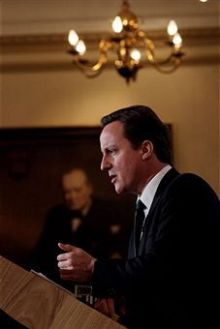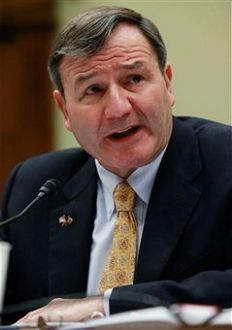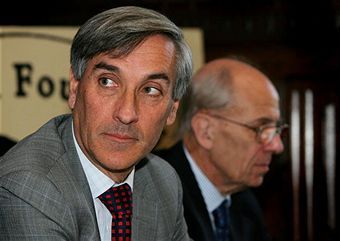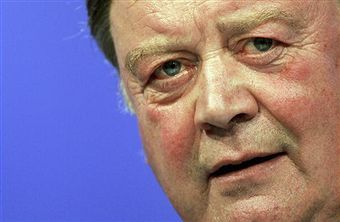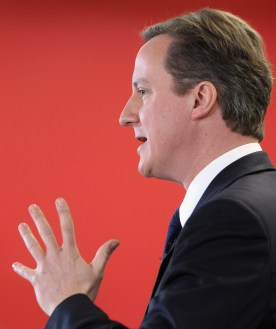The Gove agenda goes Hollywood
News reaches me of a surprising meeting in the lobby of Portcullis House today, Goldie Hawn — of Private Benjamin fame — swept in to Westminster wearing big shades and more fur than a member of the Household Division. She was in the Commons to meet with Michael Gove’s chief of staff, Dominic Cummings. Gove’s office won’t be drawn about what was on the agenda. But Hawn has an educational foundation specialising in how neuroscience and social and emotional learning techniques can be used to transform teaching techniques so we can presume that this was the main focus of discussions. However, the real publicity coup for the Tories would be



